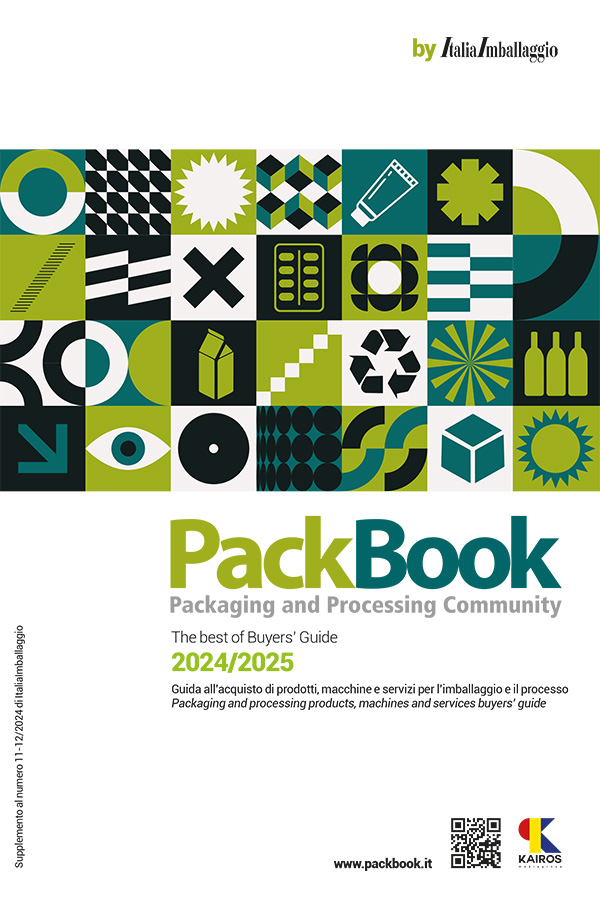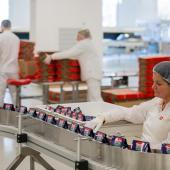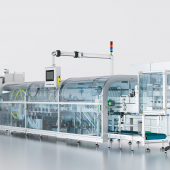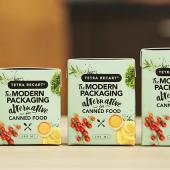Food & Beverage: eyes on the future
At Anuga Foodtec, from augmented reality to vision systems.
By Davide Miserendino

«Less food waste, less energy used, less water: how big an impact can our sector have on global change? ». The eyes of Matthias Schlüter, director of Anuga FoodTec, light up when searching for the common theme of the event which filled the Cologne trade district with “smiling faces and interesting discussions”. «We need to start from the numbers, identifying problems and providing answers through technology. And in this sense, the new regulations can help: they represent an opportunity to make our products even better”. Better products. This is a theme which, in Germany, nearly always goes hand-in-hand with the word innovation.
Does the machine need maintenance? Augmented reality can provide a support. Is a strong predictive capacity required to understand whether a new material will guarantee effective results? Cutting-edge laboratories that simulate the most extreme situations can take care of this. Is it necessary to increase speed and accuracy in selecting a product? Artificial Intelligence applied to a high-performance camera system guarantees unthinkable results. Let’s take a look at some of these applications.
We can start with Cama Group, which has made significant investments in Augmented reality and Virtual reality. «Augmented reality - explains Francesco Riva, Sales engineering manager - makes it possible, standing in front of a machine, to access a series of additional functionalities through the scanning of an QrCode. Framing the code, it’s possible to have on the tablet an explanation of how the machine works and the identification of a number of critical components. One practical example: machines need to be cleaned with a certain regularity. In this case, once the code has been scanned, the system indicates the points on which to intervene, linking to a page of the manual. And if the operator is new in the company and has little relative experience, the system comes to his aid. It’s is clear that in this way an advantage is also obtained from an economic point of view ».
Along the same lines is Virtual reality, which works in a similar way but with a substantial difference: «In this case you don’t have the machine in front of you - Riva explains - but by placing the tablet on a support you can view it as if it were just a few feet away and, using the zoom or shifting position, you can practically move within the technology. This type of innovation has also so far had very positive feedback».

Aetna Group, reference operator for the Food & Beverage sector thanks, in particular, to its end-of-line products, presented numerous innovative technologies at Anuga Foodtec. The S7 Robot, the self-propelled Robopac-brand packaging machine that continues to enjoy success, presented at the fair in a full-optional version, generated a lot of curiosity. The Meypack VP602 model, the case packer for packaging cases containing coffee capsules in display trays with lid, with highly advanced capabilities to respond to complex marketing needs, was also much appreciated. Finally, the green approach of the company was highlighted with two solutions that caught everybody’s attention.
The first is ReCycle, the machine for compacting and reducing up to 70% of the volumes of packaging waste materials. The second is Technoplat 3000PWJ, an automatic wrapping station that uses paper as wrapping material. Worth noting is also the TechLab project, which offers the possibility of scientifically verifying the effectiveness of palletised load packaging systems: specific tests are carried out here on packaging to identify the best packaging solution so that the product arrives at its destination perfectly intact. A virtuous initiative that sees these certified laboratories becoming increasingly widespread.
Companies that best exemplified the theme of innovation at Anuga FoodTec, also included Raytec Vision, which presented its artificial intelligence software for ‘Infinity’ food selection. This system, exploiting AI and continuous learning, is able to select with extraordinary precision, simulating the choice criteria of a human being and with surprising rapidity.
The heart of the system is composed of high-definition video cameras that capture images at great speed and process them with algorithms based on a potentially infinite library. The result? Even the smallest imperfections or contaminations in the foods are identified, guaranteeing quality - they explain in Raytec Vision - for final consumers.

Worth noting, finally, the innovations proposed by the German company, Schubert, at the forefront of both artificial intelligence (a way to improve energy efficiency, speed and accuracy) and on the theme of sustainability. Of particular note is Dotlock, a system developed by the German group that makes it possible to produce completely glue-free cardboard packaging (cases, trays, lidded packages, gable top packaging and gable boxes), creating advantages in terms of sustainability, but not only, for brand owners, producers of sweets and snacks and consumers.























